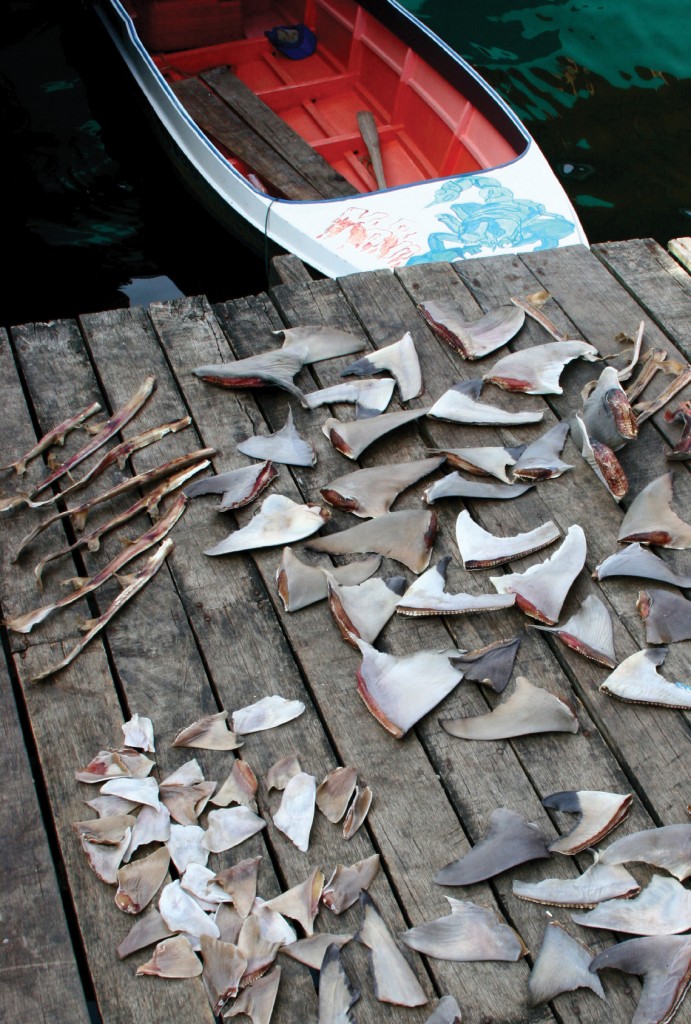In 2011 a law was passed in California which banned the sale of shark fins, commonly used for making shark fin soup which is considered a delicacy by many Chinese. Since that time, the law was aggressively challenged in court by some San Francisco-area Chinese restaurants and their suppliers, who claimed they would suffer “irreparable harm” to their businesses if the ban went into effect, and also claimed that the ban is ethnically discriminatory.
The passing of the law in 2011 allowed existing stocks of on-hand shark fins to be sold up until July 1, 2013. Restaurants, however, were required to sell their shark fins by the start of this year. The fins can sell for $600 a pound, and the soup can cost $30-$100 a bowl.
On Tuesday, August 27, a three-judge panel of the U.S. 9th Circuit Court of Appeals let stand a decision by a district judge refusing to issue a preliminary injunction against the ban. The ban is now in full effect, making it illegal to possess, sell, or distribute shark fins while San Francisco-area Chinese restaurants and their suppliers continue to pursue their lawsuit to overturn the state law. The 9th Circuit Court noted their legal action was still alive, and that the restaurateurs could continue fighting the ban in a lower court.
The practice of shark ‘finning’, or slicing off a shark’s fins and throwing it back to die slowly on the ocean floor from starvation or inability to move, has exploded worldwide due to demand from China. In addition to bans in the U.S. of this practice, India also just passed a law banning the practice. After China, India has been the second largest shark-catching nation behind Indonesia. India’s new law requires sharks to be brought to shore before removing their fins.
The harvesting of fins from sharks is already banned in federal waters. Sharks may still be harvested, but the carcass must be kept intact.
It has been estimated that 70-100 million sharks are killed each year, mainly for their fins. Environmentalists claim some species’ numbers now 10 per cent of what they were three decades ago, which seriously threatens the health of not only the sharks, but entire ocean ecosystems. Twenty-six species of shark are endangered and another 115 species are considered vulnerable or near-threatened, according to Defenders of Wildlife.

